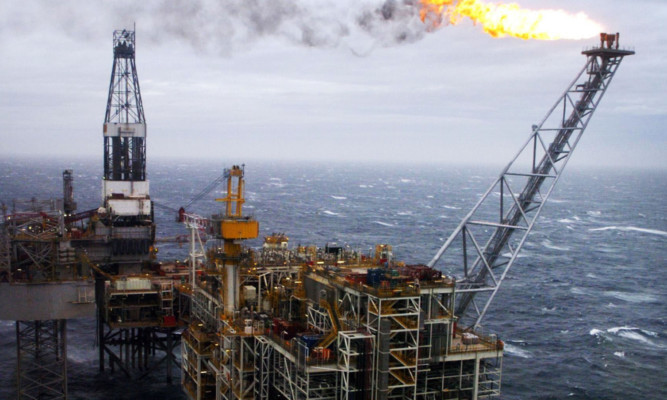Only seven oil and gas exploration wells were drilled on the UK Continental Shelf in the second quarter of this year, according to a new study by professional services firm Deloitte.
The findings underline what the firm called a “significant” slowdown in the activity, with 12 wells drilled during the previous three months and 17 wells sunk during the second quarter last year.
A report into drilling, licensing and deal activity across north-west Europe, compiled by Deloitte’s Petroleum Services Group, suggested firms were adopting a “wait and see” approach before committing further investment to the province.
Experts in the firm’s Aberdeen office said explorers were controlling costs and were likely holding back to examine potential changes to the industry landscape resulting from a full-scale review on maximising oil recovery by Sir Ian Wood and an HM Treasury consultation on the tax regime in the sector.
Aberdeen-based senior partner Derek Henderson said the North Sea continued to grapple with operating costs, a fact which would continue to hit activity and investment decisions in a mature sector.
“It’s no secret that the costs facing oil and gas firms on the UKCS have been a significant issue for some time now,” he said.
“Understandably, it tends to be more expensive to operate in mature fields where oil is much more difficult to recover. Research suggests it’s now almost five times more expensive to extract a barrel of oil from the North Sea than it was in 2001.
“What’s more, the drop we’ve seen in the number of farm-ins could indicate that companies are holding off before committing to longer-term exploration investments.”
Mr Henderson said it was “likely” the industry was waiting to better understand any changes to the fiscal and operating framework.
“There were many recommendations made in Sir Ian Wood’s final report, and it’s likely that the industry could be pausing until it has a better understanding of the impact of these, and the effect on the long-term future of the North Sea, before making any big investment decisions,” he added.
“In addition, with the fiscal regime under review, it’s quite likely that the industry will be waiting until there is a bit more clarity over how this will take shape.”
